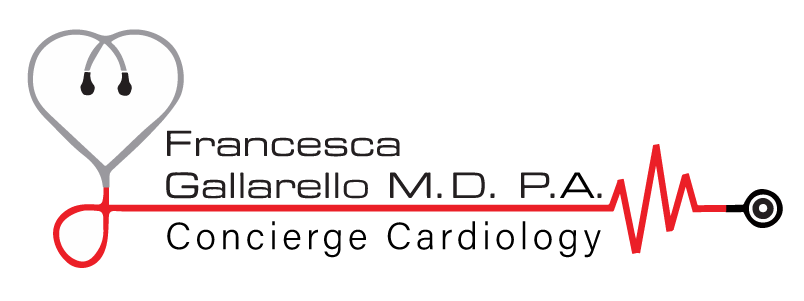ONSITE SERVICES AND NON-INVASIVE TESTING
For your convenience, the following procedures are done in our Miami Beach office. Procedures and testing are completed while patients enjoy the beautiful and tranquil ocean views from our office.
Echocardiogram
Non-invasive test using sound waves to create images of the heart’s structure, function, and blood flow. It helps diagnose and monitor various heart conditions, including congenital defects, valve issues, and heart failure, by providing detailed information on heart health and performance.
Exercise and Chemical Nuclear Stress Test
A nuclear stress test is a diagnostic procedure that assesses heart function and blood flow using a radioactive tracer injected into the bloodstream. This tracer allows imaging of the heart at rest and during exercise or pharmacological stress. It helps diagnose coronary artery disease and evaluates the heart’s response to stress, aiding in treatment planning.

MUGA Study
A MUGA (Multiple Gated Acquisition) scan is a medical test using radioactive tracers to assess the heart’s pumping function. It tracks the movement of blood through the heart’s chambers, providing valuable information about cardiac health and efficiency.
Vascular Ultrasound
Vascular ultrasound is a non-invasive imaging test that uses sound waves to evaluate blood flow and detect abnormalities in the arteries and veins throughout the body.

eCardio Monitor
An ECG monitor, or electrocardiogram monitor, is a device that records the electrical activity of the heart over a period of time. It’s often used to detect irregular heart rhythms or monitor the heart’s response to medication or treatment.
Pacemaker and AICD Monitoring
PM and AICD monitoring involves tracking the performance of pacemakers (PM) and implantable cardioverter-defibrillators (AICD). These devices are implanted in patients with heart rhythm issues to regulate heart rate (PM) or deliver shocks to correct dangerous rhythms (AICD). Monitoring ensures these devices are functioning properly and delivering therapy as needed.
Coronary Calcium Score
The coronary calcium score is a measure used to assess the amount of calcified plaque in the coronary arteries, which can indicate the presence of coronary artery disease (CAD). It’s typically obtained through a CT scan of the heart. The score is a numeric value that reflects the extent of calcification, with higher scores indicating a greater likelihood of significant coronary artery disease.
